|
Join us for a delicious traditional two course Nepali curry lunch including four different types of curries.
In our grand McDonald Gallery, which houses our unique picture, silver and medal collection, our Gurkha curry lunches take place monthly. Upcoming Lunches 20th October 2023 24th November 2023
0 Comments
This Summer the six museums of Winchester’s Military Museums are taking objects and information about their connections to the Royal family out of the barracks and into the City Centre.
From now until September, visitors to the City can find out more about the military history of Winchester, and the extensive links between the Museums and the monarchy, in a free display in Winchester’s Visitor Information Centre. Visitors to the Information Centre can see a tie that was worn by Prince Phillip, Prince Michael’s hat and a number of artefacts relating to Her Majesty Queen Elizabeth II, all watched over by a lifesize Rifleman. The Museums are located at the North of the City in the Victorian Barracks that was the historic home of the Rifle regiments, and all six Museums have deep rooted connections with the Royal Family. Explore them this summer by visiting the temporary display in the City Centre and by visiting the Museums themselves. Are you studying World War One, World War Two, the Local History of Winchester or Florence Nightingale in the Crimea? Do you teach a class exploring the Cold War, the British Experience of Warfare or any aspect of British Military history? We can help you.
Winchester’s military Museums offer school trips that are unique, engaging and fun. Every trip is hand crafted to fit your topic and taught by expert staff across our six museums. A 4-hour visit costs just £5 per pupil. We are accessible by public transport and have parking for one coach on site. Find out more about how we can help with your school topics on our education pages, or drop us an email to make a booking. We have limited availability left for the spring term so book early to avoid disappointment. 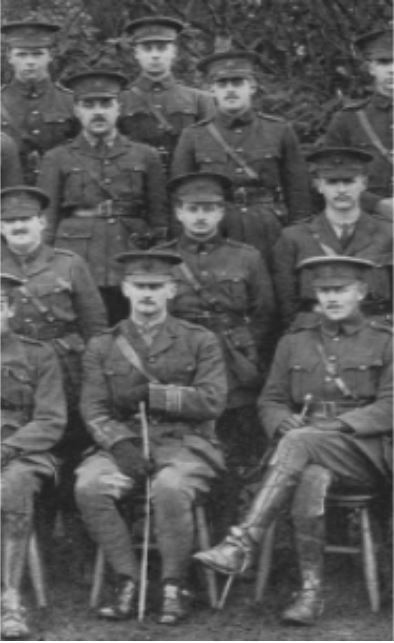 -Hampshire Soldier and the first Poppy Factory In Flanders fields the poppies blow Between the crosses, row on row That mark our place…… and in the sky The larks, still bravely singing, fly Scarce heard amid the guns below…… We are the Dead. Short days ago We lived, felt dawn, saw sunset glow, Loved and were loved, and now we lie, In Flanders fields. Take up our quarrel with the foe: To you from failing hands we throw The torch; be yours to hold it high. If ye break faith with us who die We shall not sleep, though poppies grow In Flanders Fields. This most evocative of poems, “In Flanders Fields”, dates back, of course, to the Great War. John McCrae, a Canadian Medical Officer, was inspired to write it after presiding over the funeral of a fellow soldier who died in the Battle of Ypres in May 1915. The poem was first published in Punch magazine in December that year. Many were hugely inspired into action by the poem, especially the final verse. These included, at the time, two great women campaigners: Moina Michael, an American, and Anna Guérin, who was French. After the Armistice both started to promote the poppy as the symbol of remembrance with some success, mainly as a means of raising money for the casualties of war in America and France: not just the disabled, but the thousands of widows and orphans too. In September 1921, Guérin came to England and persuaded the then fledgling Royal British Legion to take up her idea of a “Poppy Day”. Initially there was scepticism, but she showed samples of the silk poppies, made in France, and offered to provide an initial batch. The first ever British Remembrance and Poppy day was declared by Earl Haig for 11 November 2021. It was a massive success. The Royal British Legion made £106,000, largely via poppy sales; the equivalent of £5m today. And the poppies sold out. A key figure in the scaling up of the early work of the Royal British Legion was a little known soldier, Major George Arthur Howson, MC. George, aged 28, found himself serving on the Western Front with the 11th (Service) Battalion Hampshire Regiment in late 1914. He went on to have an impressive war record: recognised for bravery after saving the life of a man who had fallen into the River Somme in 1916, he was also “mentioned in dispatches’ later that year. Then on the 31 July 1917, the first day of the Third Battle of Ypres, he was wounded in action when in command of a party building machine-gun emplacements. His group came under intense aerial bombardment and he suffered multiple shrapnel wounds. He carried on encouraging his troops, stopping only for treatment hours later once the task was complete. For this gallantry and selfless service he was awarded a Military Cross. After the war Howson committed his life to helping provide employment for disabled veterans. With the assistance of Liverpool MP Jack Cohen, George became founding chairman of the Disabled Society in 1921. The following year, The Royal British Legion realised a need and spotted an opportunity to have the poppies made in England rather than France, and commissioned the Disabled Society to make them. A grant was provided for setting up the very first Poppy Factory in London on the Old Kent Road. Initially just 5 disabled veterans were employed however the factory rapidly expanded to take on 50 more veterans and produced over a million poppies within the first few months. By November 1924 the Poppy Factory was had manufactured over 27 million poppies, with all funds going towards The Royal British Legion for the welfare of veterans, especially the disabled and their families. Although the Royal Hampshire Regiment no longer exists, having amalgamated into the Princess of Wales’s Royal Regiment in 1992, the story of Howson and so very many others from past conflicts live on at the Royal Hampshire Regiment Museum in Winchester and in the other five Army Museums nearby in Peninsular Barracks. Drop in and Remember them! The nights are drawing in, the leaves are turning red and there is a definite chill to the air… which can only mean one thing! The autumn term is fast upon us and Winchester’s Military Museums are gearing up to lead interesting, engaging, fun school trips on topics from the First and Second World War, to remembrance, Florence Nightingale, local history and the Arts Award.
A trip to us costs just £5 per pupil (correct September 2022) and includes a customised timetable, fully-taught sessions led by our expert staff, access to all six museums AND use of a lunch space at no extra charge. Our City Centre location also means that we are accessible by public transport to beat the rising cost of coaches and we offer a free pre-visit facility. Find out more about how we can help with your school topics on our education pages, or drop us an email to make a booking. We have limited availability left for the autumn term so book early to avoid disappointment. 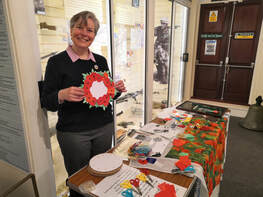 Winchester’s Military Museums’ popular school trips are available to book now for Autumn term 2022. Situated in the heart of the City of Winchester, Hampshire, the six museums that form Winchester’s Military Museums deliver learning experiences that are interesting, engaging, educational and fun. Using real artefacts, expert knowledge, and our unique collections, a school trip to Winchester’s Military Museums brings the curriculum to life. Our First World War workshops include artefact handling, remembrance, the symbolism of the poppy and trying on uniforms from the period. It can also include a visit to our local cemetery to understand the significance of War Graves. During a Second World War visit we also use real objects and uniforms to bring 1939-1945 to life, and we explore the symbolism behind British medals awarded for service. All of our educational sessions are taught by expert museum staff and cost just £5 per pupil (2022 pricing). Book now for the autumn term – availability is limited. Winchester's Military Quarter are delighted to share details of our updated Second World War School workshop. This interactive, engaging workshop delves deeper into understanding the conflict and the regiments that fought in it.
During our curriculum-linked sessions, your students can try on uniforms, study documents from the Home Front and handle real objects from the Second World War. All of our education sessions are taught across our six museums by expert staff. This varied visit sheds new light on the conflict and its impact on Britain today. To find out more visit our education pages, or get in touch with our Education Co-ordinator via [email protected]. |
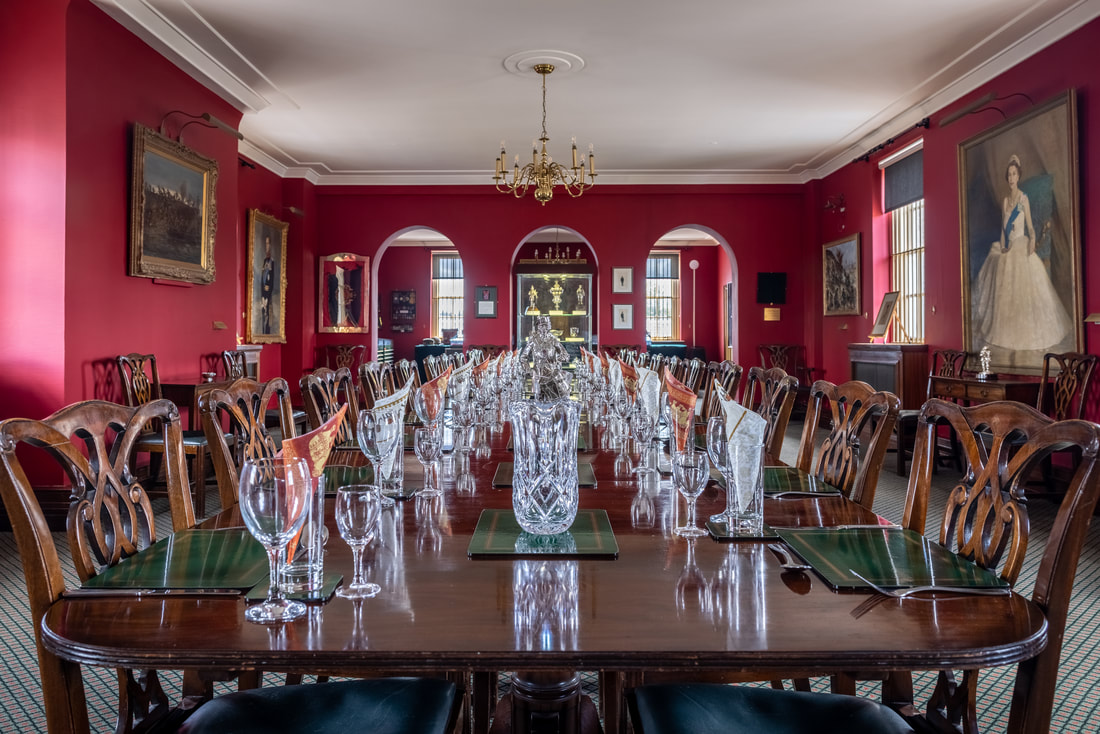
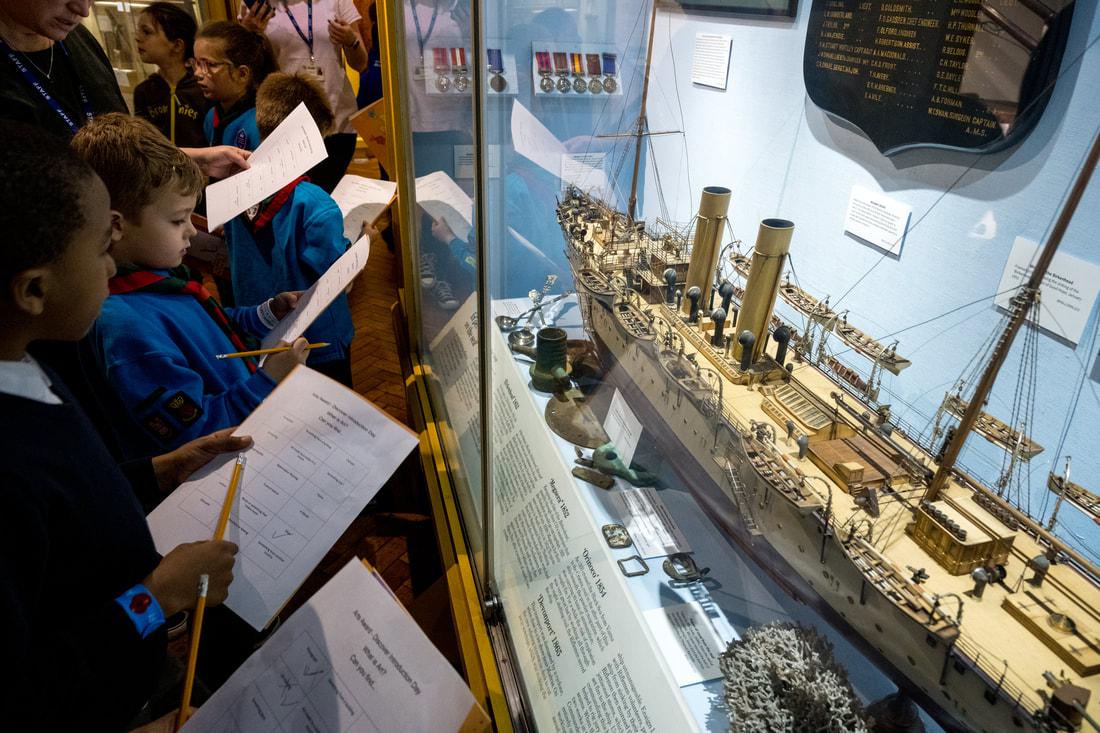
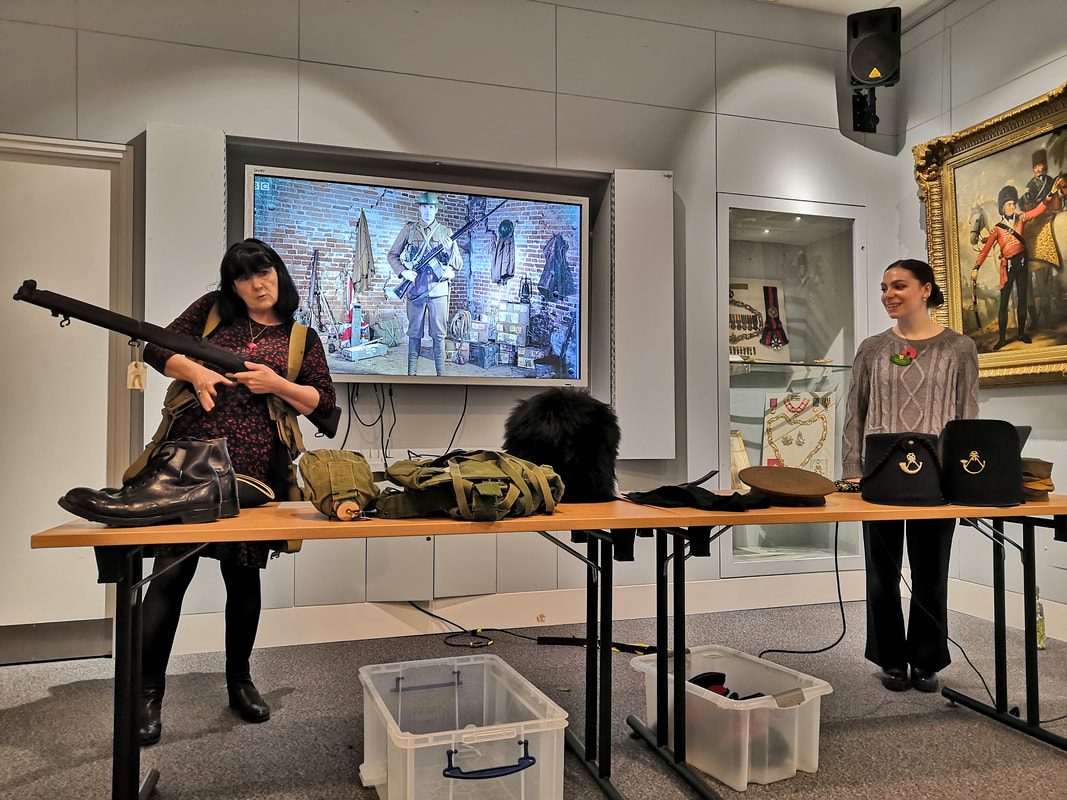
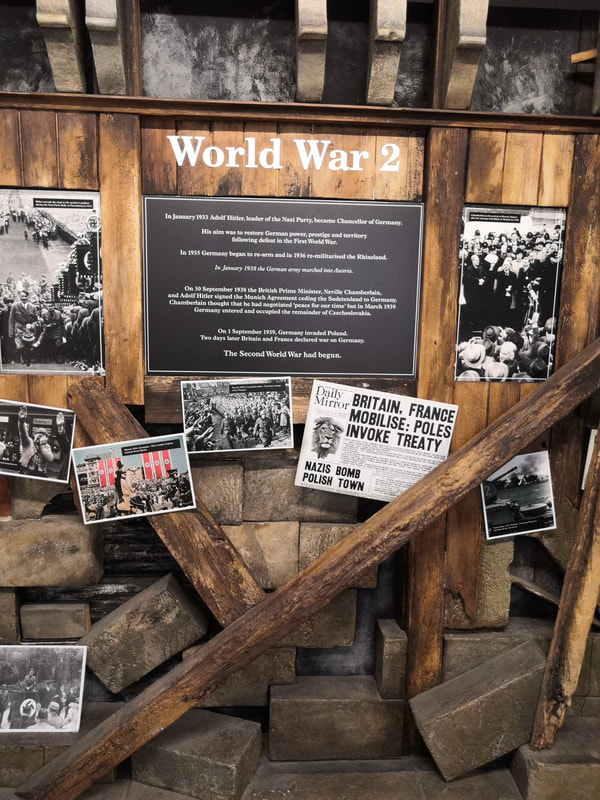
 RSS Feed
RSS Feed